Jonathan Coe writes compelling, humane and funny novels, but you sometimes suspect he wants to write more audacious ones. He has a long-standing interest in formally experimental writers — Flann O’Brien and B. S. Johnson are heroes — but it’s an interest that has never really become full-blown influence. Though The Rotter’s Club (2001) — our first introduction to some of the characters who populate Middle England — contains a 13,000-word-long sentence and a wonderfully complicated scene in which a husband and wife have a misdirected conversation (he completing a crossword; she reading a love letter from one of her son’s teachers) as they each consult a dictionary, for the most part experimentalism is confined to the surface of Coe’s novels. This is not to say that there isn’t profound pleasure to be found in them, but it’s of a kind that confirms rather than challenges your prejudices.
Middle England is the third instalment of a trilogy (the second,The Closed Circle, published in 2004, covered the Blair years) that follows the lives of a group of Birmingham school friends from the 1970s to the present. There are three central characters: Benjamin Trotter, the passive, thoughtful schoolboy of The Rotter’s Club; his niece Sophie; and his mate Doug Anderton.
Benjamin, the centrist dad of English fiction, has turned 50. In The Closed Circle he lost his faith and split up with his wife, Emily. Now we find that he has sold his flat and retired to a country mill to finish his magnum opus — a sprawling, multimillion-word-long Gesamtkunstwerk that he’s been tinkering with for decades. Sophie — the daughter of Benjamin’s sister Lois, who was traumatised in the Birmingham pub bombings of 1974 — is an art historian who, much to her own surprise, marries a dull but decent man named Ian, starts hanging out on suburban golf courses, and gets swept up in a scandal of identity politics at the university she teaches in.
Doug is still a successful left-leaning newspaper columnist. His marriage to the Hon. Francesca Gifford is on the rocks, but he continues to live in her Chelsea mansion while their daughter Coriander, a politically radical teenager, plots his downfall. Paul, Benjamin’s odious brother, who in The Closed Circle became a New Labour MP and did something unspeakable to him, is nowhere to be seen. Neither is Cicely, Benjamin’s first sweetheart and the mother of his only child. But he thinks of them often, and every now and then there’s a bit of explicatory dialogue to remind us that they exist.
Middle England is as historically self-aware as the other two novels in the trilogy. Coe covers the financial crash, the election of the coalition government of 2010 and the 2011 London riots, and continues on through the Brexit vote almost to the present day. In a manner that has become something of a hallmark of the Brexit novel, news events and Twitter storms intrude to mark time. Some of these are still memorable — Gordon Brown’s run-in with Gillian Duffy, the ‘bigoted woman’, on the campaign trail in Rochdale — but others will be forgotten. Does anyone now recall Trenton Oldfield, who disrupted the 2012 boat race to protest against something vague?
The prose is slick and precise and you always feel in safe hands. Coe is a master of transitions — using paragraph and section breaks to cut the action — and his set-pieces are perfect miniatures, stylishly engineered. But reading Middle England can seem like wandering around a model village: you marvel at the extraordinary attention to detail, but feel unsettled by the lack of life.
Got something to add? Join the discussion and comment below.
Get 10 issues for just $10
Subscribe to The Spectator Australia today for the next 10 magazine issues, plus full online access, for just $10.
You might disagree with half of it, but you’ll enjoy reading all of it. Try your first month for free, then just $2 a week for the remainder of your first year.

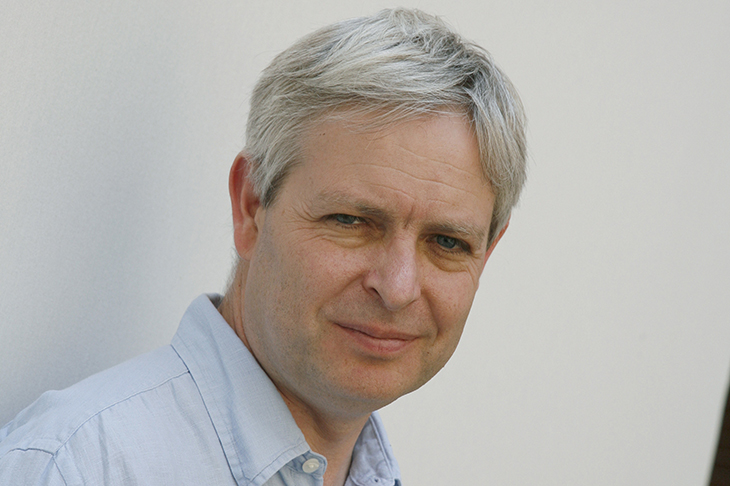
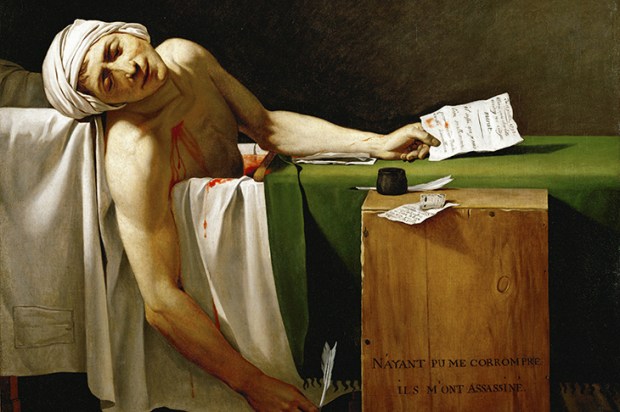
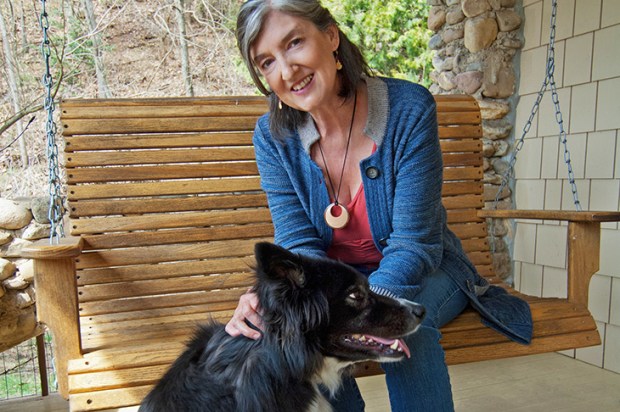
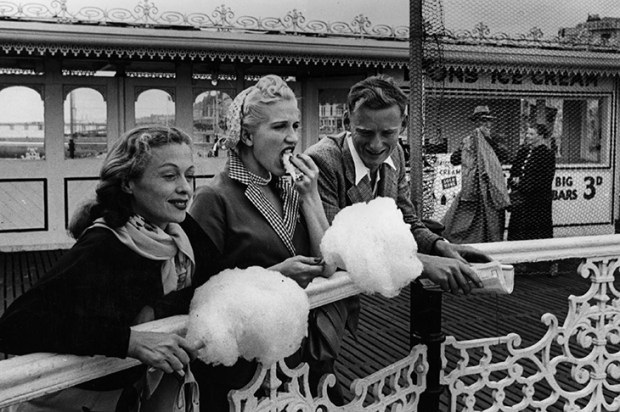
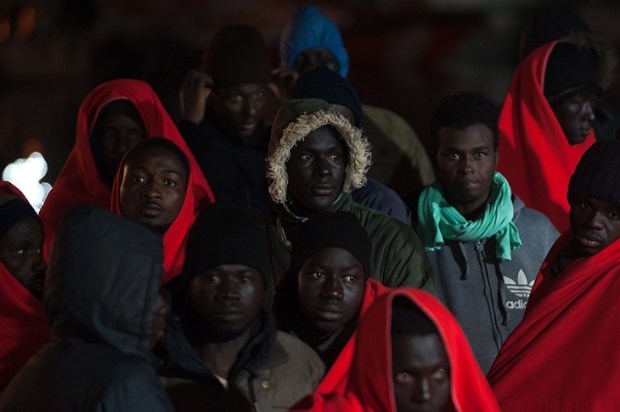
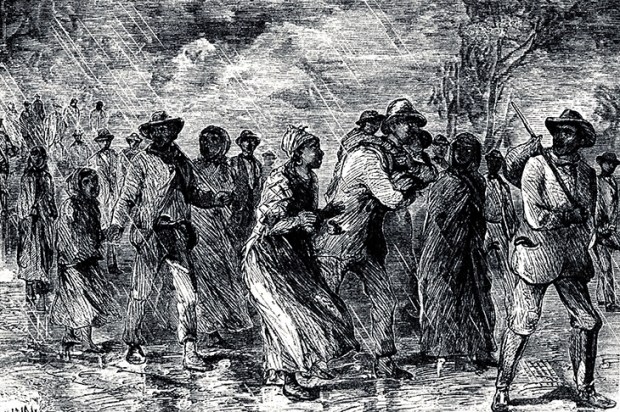
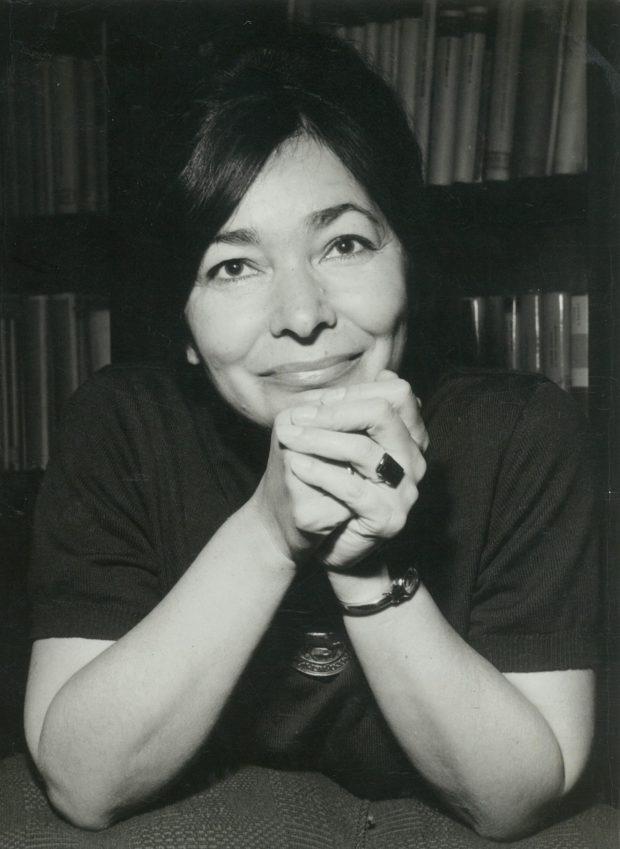






Comments
Don't miss out
Join the conversation with other Spectator Australia readers. Subscribe to leave a comment.
SUBSCRIBEAlready a subscriber? Log in